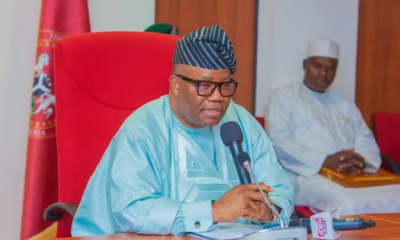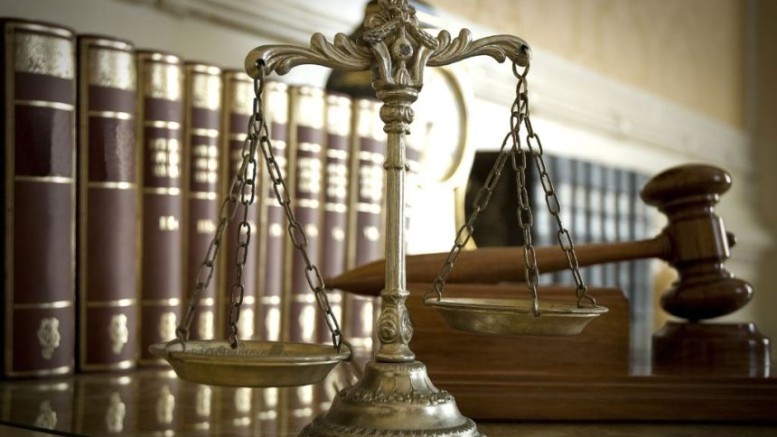The National Judicial Council (NJC) may have commenced the investigation of three judges of state high courts over conflicting orders on a case relating to political crisis. The NJC in setting up a panel to investigate three High Court judges who issued conflicting ex-parte orders, indicated that the judges would be expected prove why disciplinary action should not be taken against them for their actions.
The action was gathered to be generating tension in Rivers State, Cross River State and Kebbi State where conflicting orders were issued by the states high court on a suit involving members of the Peoples Democratic Party (PDP) in their leadership tussle to unseat the former PDP National Chairman, Prince Uche Secondus.. There were also similar conflicting orders on the skirmishes over the governorship tickets of political parties in Anambra State, particularly on PDP cases and the APGA.
The NJC at its 95th meeting held on September 15 and 16 which had the Chief Justice of Nigeria, Justice Tanko Muhammad, as chairman, explained that the setting up of the investigative committee to try the three Judges was in line with the principles of fair hearing.
Justice Muhammad decried the emanating conflicting orders from courts of coordinate jurisdictions. The CJN, therefore, vowed that three of the judges who issued the conflicting orders would face investigations and sanctions if found guilty.
The Public Affairs manager of the NJC, Soji Oye, had in a statement declared: “We shall make an example with these three judges and never shall we condone such [an] act.”
The CJN, Justice Muhammed, had held a long meeting with the six chief judges within the jurisdictions of Rivers, Kebbi, Cross River, Jigawa, Anambra, and Imo where conflicting ex parte orders had been issued in recent times.
The CJN had cautioned that the judiciary would no longer allow any judge to tarnish the image of the judiciary, insisting that the Council will no longer tolerate indiscipline of Judges on the Bench.

 Latest3 days ago
Latest3 days ago
 Crime4 days ago
Crime4 days ago
 Editorial1 week ago
Editorial1 week ago
 Agribusiness6 days ago
Agribusiness6 days ago
 Business7 days ago
Business7 days ago
 Business4 days ago
Business4 days ago
 Agribusiness4 days ago
Agribusiness4 days ago
 Featured7 days ago
Featured7 days ago

